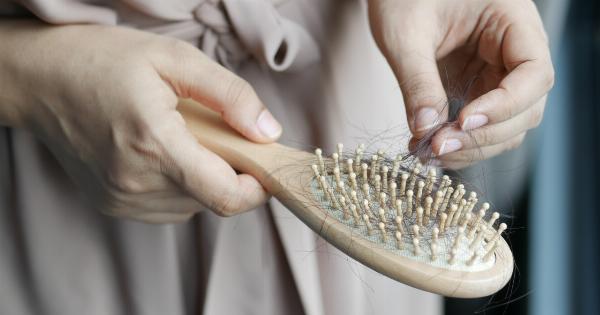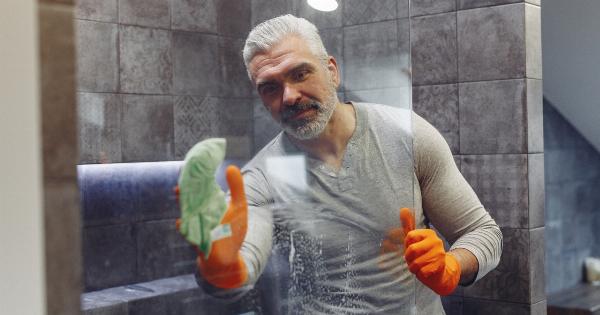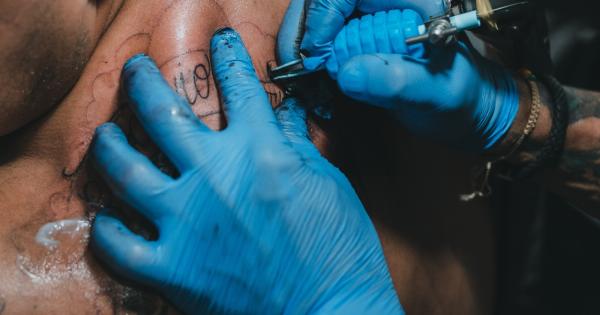A beard is a facial hair growth that often occurs in men and is considered a symbol of masculinity. While beards have become increasingly popular in recent years, there has been some concern about the potential for beards to harbor harmful bacteria.
This article will explore the question of whether beards can indeed harbor harmful bacteria and the implications it may have on personal hygiene.
The Bacterial Landscape of Beards
Before delving into the potential harmful bacteria that beards may harbor, it is important to understand that our bodies are host to various microorganisms, including bacteria.
The skin, including the facial hair in a beard, provides an environment for both beneficial and potentially harmful bacteria to reside.
Studies have shown that the bacterial composition of beards differs from person to person.
One study published in the Journal of Hospital Infection found that beards can harbor a wide range of bacteria, including both potentially harmful and harmless species. These bacteria can include Staphylococcus aureus, Escherichia coli (E. coli), and other common bacteria found on the skin.
However, it is essential to note that the mere presence of these bacteria does not necessarily indicate a health risk. Many of these bacteria also exist on the skin of individuals without beards.
The key factor lies in the balance and maintenance of proper beard hygiene.
Beard Hygiene Practices
Keeping a beard clean and well-maintained is crucial to ensure good overall hygiene. Here are some essential beard hygiene practices to consider:.
Regular Washing
Washing the beard regularly with a mild, sulfate-free cleanser can help remove dirt, excess oils, and bacteria that may accumulate throughout the day.
It is important not to over-wash the beard, as it can strip away natural oils that help protect the skin and hair.
Use of Beard Oil
Applying a few drops of beard oil after washing can help moisturize the skin and hair, preventing them from becoming dry and brittle.
Dryness can lead to itchiness and flakiness, which may be uncomfortable and provide an ideal environment for bacteria to thrive.
Regular Trimming and Shaping
Trimming and shaping the beard regularly can help remove split ends and prevent the accumulation of dirt and debris. It also promotes airflow and reduces the chance of bacterial growth in longer, unkempt facial hair.
Comb or Brush the Beard
Using a specialized beard comb or brush, gently comb or brush the beard to remove any tangles and distribute natural oils evenly. This practice can also help remove loose hair and dead skin cells that may be trapped in the beard.
Avoid Touching the Beard
Touching the beard throughout the day can transfer bacteria from the hands onto the facial hair. It is advisable to avoid excessive touching, especially without washing hands beforehand.
Regularly Clean Beard Tools
Beard trimmers, combs, and brushes should be cleaned regularly to prevent the buildup of bacteria. Follow the manufacturer’s instructions for proper cleaning and maintenance of these tools.
The Health Risks of Unclean Beards
While a well-maintained beard can be a clean and healthy facial hair style, neglecting proper hygiene practices can have some potential health risks. Here are some possible health risks associated with unclean beards:.
Skin Irritation and Infections
Buildup of bacteria, dead skin cells, and dirt can lead to skin irritation and infections. This can manifest as redness, itchiness, or even more severe conditions such as folliculitis (inflammation of hair follicles) or acne.
Spread of Harmful Bacteria
If proper hygiene practices are not followed, harmful bacteria can thrive and multiply in the beard. This increases the risk of spreading these bacteria to other parts of the body or to other individuals.
Staphylococcus aureus, for example, can cause skin infections or more serious conditions if it enters the bloodstream.
Odor
Unclean beards can develop an unpleasant odor due to the accumulation of sweat, oils, and bacteria. This can be off-putting to others and may affect personal interactions.
Allergic Reactions
Some individuals may be allergic to certain substances that can be present in an unclean beard, such as pollen, dust, or pet dander. Failing to keep the beard clean may exacerbate allergic reactions in sensitive individuals.
Conclusion
While beards can indeed harbor bacteria, it is essential to note that proper beard hygiene practices can minimize any potential risks.
Keeping the beard clean, regularly washing and moisturizing it, and practicing good overall personal hygiene are vital steps to maintain a healthy and clean beard. By taking care of your beard, you can minimize the chances of harmful bacterial growth and enjoy the benefits of a well-groomed, attractive facial hairstyle.





























